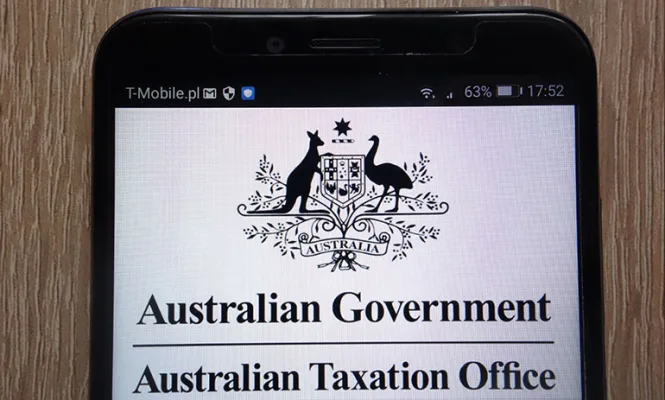Taxation in 2024: A Guide to Organising Your Finances in the New Year
A New Year calls for organization! As we embark on another journey around the sun, it’s time to turn our attention to a crucial aspect of our financial lives—organizing our taxes. In Australia, a well-organized tax strategy not only ensures compliance with the Australian Taxation Office (ATO) but also helps you make the most of potential deductions and credits. In this blog post, we’ll walk you through essential steps to get your tax affairs in order so you can start your new year fresh and ready to tackle your financial goals.
Create a Tax Hub
Start by establishing a designated space for all your tax-related documents. Whether it’s a physical folder or a digital folder on your computer, having a centralized location will make it easier to keep track of important paperwork throughout the year.
Gather Income Documents
Collect all income-related documents, including your Payment Summaries (formerly known as group certificates), investment statements, and any other documents reflecting your earnings. Organize them by category to simplify the reporting process when it’s time to file your tax return.
Check for Changes in Tax Laws
Stay informed about any changes in Australian tax laws that may affect your tax situation. The ATO regularly updates its guidelines, so it’s crucial to be aware of any new regulations or deductions that could impact your tax planning. When seeking advice, it’s best to consult a professional who can give you accurate and up-to-date information. Impact Taxation & Financial Services can offer professional advice.
Review Deductible Expenses
Keep a record of deductible expenses, such as work-related expenses, charitable donations, and self-education expenses. Ensure you have the necessary receipts and supporting documentation for each deduction to claim them accurately.
Evaluate Superannuation Contributions
Review your superannuation contributions for the previous year and consider making additional contributions if eligible. Maximizing your super contributions can have long-term benefits and may provide tax advantages.
Understand Tax Offsets and Credits
Familiarize yourself with available tax offsets and credits, such as the Low- and Middle-Income Tax Offset (LMITO) or the Seniors and Pensioners Tax Offset. Understanding these can help you optimize your tax position and potentially receive additional refunds.
Explore Small Business Deductions
If you’re a small business owner, be aware of the deductions available to you. This may include expenses related to running your business, home office deductions, and depreciation of business assets.
Utilize Online Tools and Resources
Take advantage of online tools provided by the ATO, such as the myTax portal and the ATO app. These resources can simplify the tax filing process and provide real-time information about your tax situation.
Set Reminders for Key Dates
Mark important dates on your calendar, including the lodgment due date for your tax return and any other relevant deadlines. Setting reminders will help you stay on top of your tax responsibilities and avoid any late penalties.
Organizing your taxes in Australia doesn’t have to be a daunting task, especially if you have the help of your tax accountant to guide you through the process. By creating a dedicated tax hub, staying informed about tax law changes, and diligently tracking income and expenses, you’ll be well-prepared for a smooth tax season. Remember to leverage online resources, explore potential deductions, and seek professional advice if needed. With a proactive approach, you’ll be better organized, allowing you to make the most of your financial opportunities in the new year.





